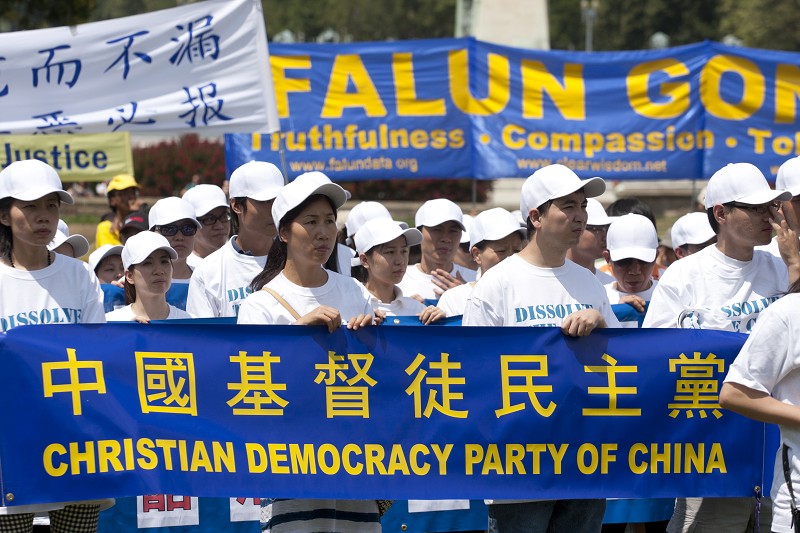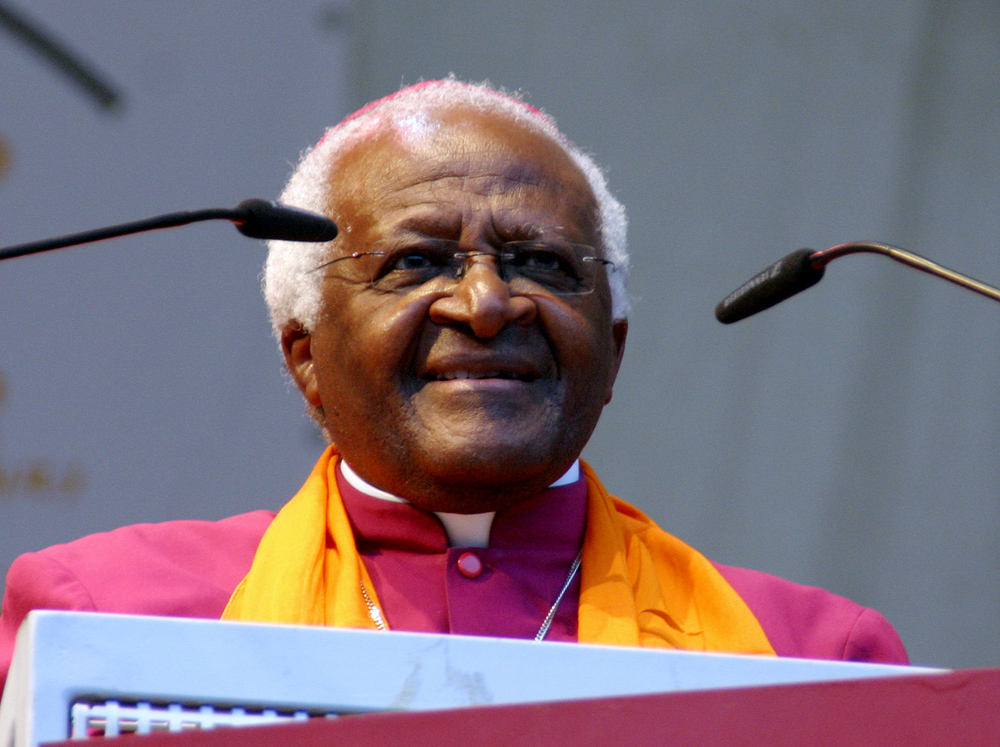The Sheik's statement, delivered in response to a question from a Saudi woman in France, generated some opposition and outcry from those less benevolent and compromising. One cleric offered that it would simply be better for Muslim women to avoid traveling to such countries altogether; unless absolutely necessary.
Sheik al-Garni further said: "We should not confront people in their countries or elsewhere," according to the report in the Saudi-owned daily Al-Hayat. "In case a ban is enforced against a Muslim woman there - and as a consequence there is a reaction or negative implications or harassment or harm - it is better for the Muslim woman to reveal her face."
Shuttlecock burqas in Afghanistan
The fatwā comes two weeks after French lawmakers voted to ban the niqab, which covers all but a woman's eyes, and the burqa, which shields a woman's entire face and body.
"It is illogical and unreasonable that the French government undertakes such a thing, which is condemned by neutral people, not just Muslims, because the secular state assures freedom of religion. The state has to respect religious rituals and beliefs, including those of Muslims," Sheikh Ayedh al-Garni said.
France, Belgium and Spain are debating legislation that would ban the veil. Other nations in Europe too have struggled to balance national identities with growing Muslim populations with cultural practices that clash with their own.
Some secularists as well as those who argue that the veil is oppressive have applauded the movement for a ban. Others say it is a ploy to win over right-wing voters.
Our friend, Dr. Frank Kaufmann states the solution here, briefly as:
"Always make legislation uniform for all citizens, keep the laws clearly secular, and never favor or disadvantage a religious group overtly in how the laws are written."
Of course, that will not apply if religion in a particular nation is NOT separate from civic government and legislation.
Meanwhile, Muslim women in America are still more likely seen wearing a hijab which covers their hair and neck only while the face remains exposed. The hijab is usually accompanied by modest, loose-fitting clothing that covers the arms and legs.



